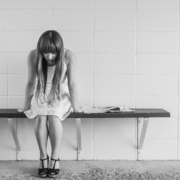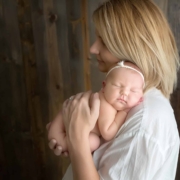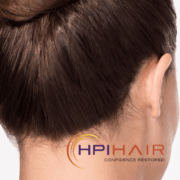Causes Of Loss Of Hair In Senior Women in Nashville, TN
Senior women, overcome hair loss with our effective solutions today.
Hair loss is a common concern among women as they age. While it is often associated with men, hair loss can also affect senior women, leading to a range of emotional and psychological impacts. Understanding the causes of hair loss in senior women is essential for providing effective treatments and solutions. In this article, we will explore the various factors that contribute to hair loss in senior women, as well as potential approaches for mitigating this issue. Whether you are experiencing hair loss yourself or are seeking information to help a loved one, it’s important to be well-informed on this topic.
Hormonal Changes
Hormonal changes play a significant role in hair loss among senior women. Fluctuations in hormone levels, particularly during menopause, can lead to a condition known as androgenetic alopecia, also referred to as female pattern baldness. This type of hair loss is characterized by a gradual thinning of the hair, typically starting at the crown and temples. The hormonal changes associated with menopause can cause a reduction in estrogen levels, leading to an increase in hair shedding and a decrease in hair thickness.
Nutritional Deficiencies
Nutritional deficiencies can also contribute to hair loss in senior women. As individuals age, their bodies may have difficulty absorbing essential nutrients, such as iron, vitamin D, and B vitamins. These nutrients are crucial for maintaining healthy hair growth and overall hair condition. Additionally, inadequate protein intake can impact the hair’s structure and growth cycle, potentially leading to increased hair shedding and brittleness.
Medical Conditions
Several medical conditions commonly experienced by senior women can result in hair loss. Conditions such as thyroid disorders, autoimmune diseases, and certain skin conditions can directly impact hair follicles and disrupt the hair growth cycle. Additionally, medications used to manage these conditions, such as chemotherapy drugs, may also lead to significant hair loss as a side effect.
Stress and Emotional Well-being
Stress and emotional well-being play a pivotal role in overall hair health. Senior women may encounter various stressors related to aging, lifestyle changes, or personal circumstances, which can contribute to hair loss. Chronic stress can lead to an increase in cortisol levels, which may disrupt the hair growth cycle and result in excessive shedding. Furthermore, emotional distress and anxiety can exacerbate existing hair loss conditions, creating a cycle of concern and further hair thinning.
Genetic Predisposition
Genetic predisposition plays a crucial role in determining an individual’s susceptibility to hair loss. Senior women with a family history of hair thinning or pattern baldness are more likely to experience similar concerns themselves. Genetic factors can influence the sensitivity of hair follicles to androgens, impacting the duration and quality of the hair growth cycle.
Final notions
Knowing the causes of hair loss in senior women is a critical step towards addressing this issue effectively. ecognizing the various factors that contribute to hair loss, individuals and healthcare providers can develop personalized approaches to manage and potentially reverse hair loss. Whether it involves hormonal therapies, nutritional interventions, or stress management techniques, there are numerous strategies available to support senior women in maintaining their hair health and overall well-being.













